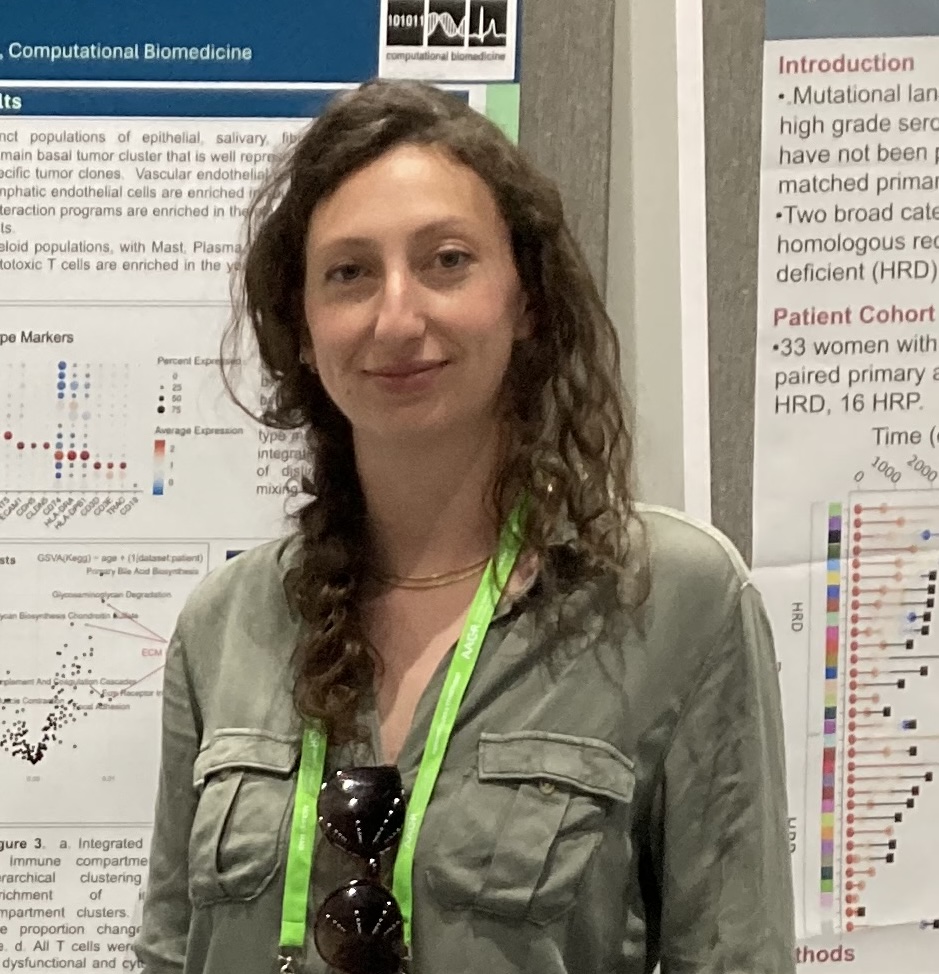
- This event has passed.
High-resolution Characterization of Age-specific Changes in HPV-negative HNSCC through Building a scRNA-Sequencing Atlas
October 20, 2025 @ 1:00 pm – 2:00 pm
Statistical Bioinformatics Seminar
Lina Kroehling, Boston University
This is an online event held via Zoom: https://uni-sydney.zoom.us/j/85114748391

Age is strongly associated with both the incidence and mortality risk of head and neck cancer. While cancer and aging share many of their defining “hallmarks”, including chronic inflammation, increased genomic instability, and increased senescence, more research is needed to elucidate the specific mechanisms contributing to cancer aggressiveness in older patients.
To this end, we have assembled a hiqh-quality human single-cell RNA-sequencing HNSCC atlas profiling more than 290,000 cells across more than 70 patients, with ages ranging between 18 and 90, which provides a unique resource to investigate age-associated changes in the disease’s heterogeneity.
To create the atlas, we integrated seven publicly available single-cell RNAseq datasets from 73 HPV-negative patients. Cells were clustered, classified, and characterized by gene set enrichment analysis, both in the epithelial cell compartment and in the tumor microenvironment (TME). Differential expression and cell type proportion analyses were performed to identify genes and cell type compositional changes associated with age. Cell cell communication analysis was performed to identify interacting cell types and modeled to identify specific ligands and receptors changing with age.
We identified distinct age-related changes in cell type composition, including vascular endothelial cells increasing with age, and several tumor clusters with distinct functions also changing with age. Further analyses are ongoing, and we plan to functionally validate the hypotheses generated, specifically the presence of differentially abundant cell populations, and age-specific ligand-receptor signaling events that contribute to tumor growth.
Subscribe to our seminar mailing list
Find out more about the Statistical Bioinformatics seminar series

Lina Kroehling
Lina Kroehling is a bioinformatics PhD candidate in the Monti Lab at Boston University where she utilizes multi-omics data to study Head and Neck Cancer. She has a B.S. and M.S. in biochemistry from Clark University in Worcester MA, and worked as a bioinformatician in academic immunology labs before starting her PhD.
